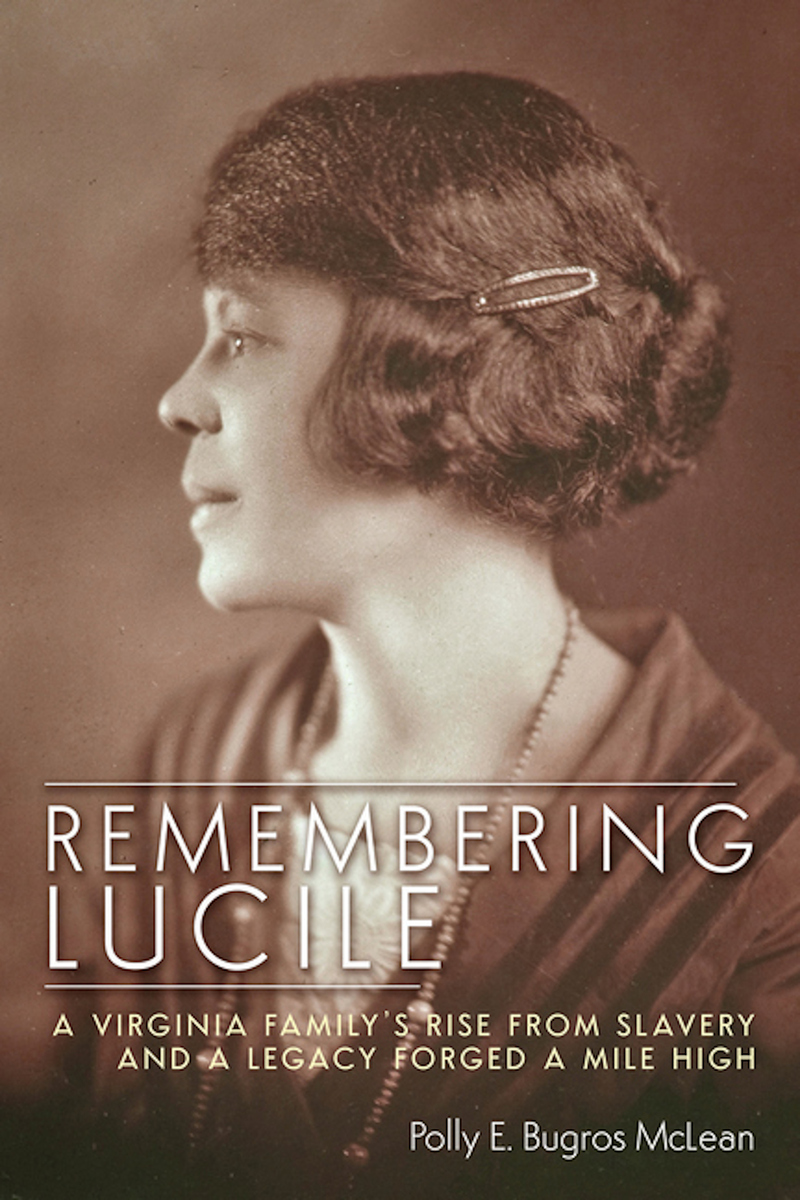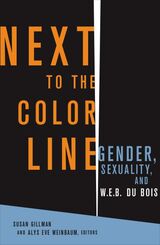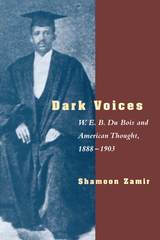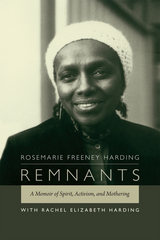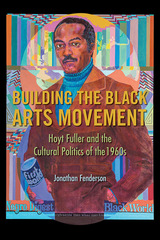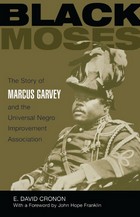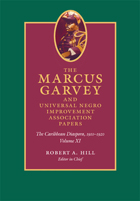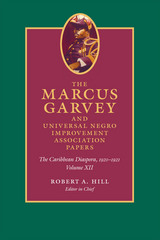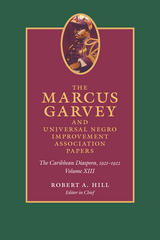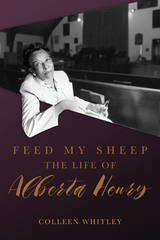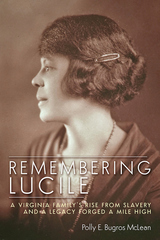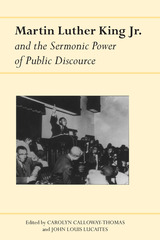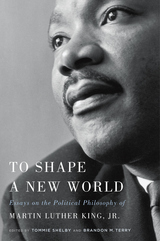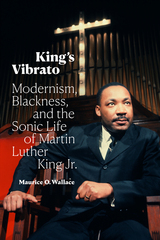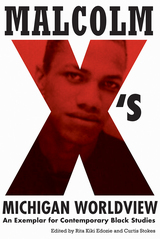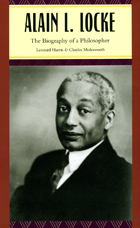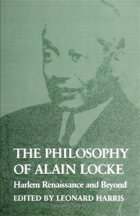Remembering Lucile: A Virginia Family's Rise from Slavery and a Legacy Forged a Mile High
University Press of Colorado, 2021
eISBN: 978-1-60732-825-4 | Paper: 978-1-64642-195-4 | Cloth: 978-1-60732-824-7
Library of Congress Classification E185.97.J66M35 2018
Dewey Decimal Classification 378.0092
eISBN: 978-1-60732-825-4 | Paper: 978-1-64642-195-4 | Cloth: 978-1-60732-824-7
Library of Congress Classification E185.97.J66M35 2018
Dewey Decimal Classification 378.0092
ABOUT THIS BOOK | AUTHOR BIOGRAPHY | REVIEWS | TOC | REQUEST ACCESSIBLE FILE
ABOUT THIS BOOK
In 1918 Lucile Berkeley Buchanan Jones received her bachelor’s degree from the University of Colorado, becoming its first female African American graduate (though she was not allowed to "walk" at graduation, nor is she pictured in the 1918 CU yearbook). In Remembering Lucile, author Polly McLean depicts the rise of the African American middle class through the historical journey of Lucile and her family from slavery in northern Virginia to life in the American West, using their personal story as a lens through which to examine the greater experience of middle-class Blacks in the early twentieth century.
The first-born daughter of emancipated slaves, Lucile refused to be defined by the racist and sexist climate of her times, settling on a career path in teaching that required great courage in the face of pernicious Jim Crow laws. Embracing her sister’s dream for higher education and W. E. B. Du Bois’s ideology, she placed education and intelligence at the forefront of her life, teaching in places where she could most benefit African American students. Over her 105 years she was an eyewitness to spectacular, inspiring, and tragic moments in American history, including horrific lynchings and systemic racism in housing and business opportunities, as well as the success of women's suffrage and Black-owned businesses and educational institutions.
Remembering Lucile employs a unique blend of Black feminist historiography and wider discussions of race, gender, class, religion, politics, and education to illuminate major events in African American history and culture, as well as the history of the University of Colorado and its relationship to Black students and alumni, as it has evolved from institutional racism to welcoming acceptance. This extensive biography paints a vivid picture of a strong, extraordinary Black woman who witnessed an extraordinary time in America and rectifies her omission from CU’s institutional history. The book fills an important gap in the literature of the history of Blacks in the Rocky Mountain region and will be of significance to anyone interested in American history.
The first-born daughter of emancipated slaves, Lucile refused to be defined by the racist and sexist climate of her times, settling on a career path in teaching that required great courage in the face of pernicious Jim Crow laws. Embracing her sister’s dream for higher education and W. E. B. Du Bois’s ideology, she placed education and intelligence at the forefront of her life, teaching in places where she could most benefit African American students. Over her 105 years she was an eyewitness to spectacular, inspiring, and tragic moments in American history, including horrific lynchings and systemic racism in housing and business opportunities, as well as the success of women's suffrage and Black-owned businesses and educational institutions.
Remembering Lucile employs a unique blend of Black feminist historiography and wider discussions of race, gender, class, religion, politics, and education to illuminate major events in African American history and culture, as well as the history of the University of Colorado and its relationship to Black students and alumni, as it has evolved from institutional racism to welcoming acceptance. This extensive biography paints a vivid picture of a strong, extraordinary Black woman who witnessed an extraordinary time in America and rectifies her omission from CU’s institutional history. The book fills an important gap in the literature of the history of Blacks in the Rocky Mountain region and will be of significance to anyone interested in American history.
Media:
Denver Post
Daily Camera
Colorado Arts & Sciences Magazine
See other books on: African American & Black | Biography | Slavery | Students | Women
See other titles from University Press of Colorado
